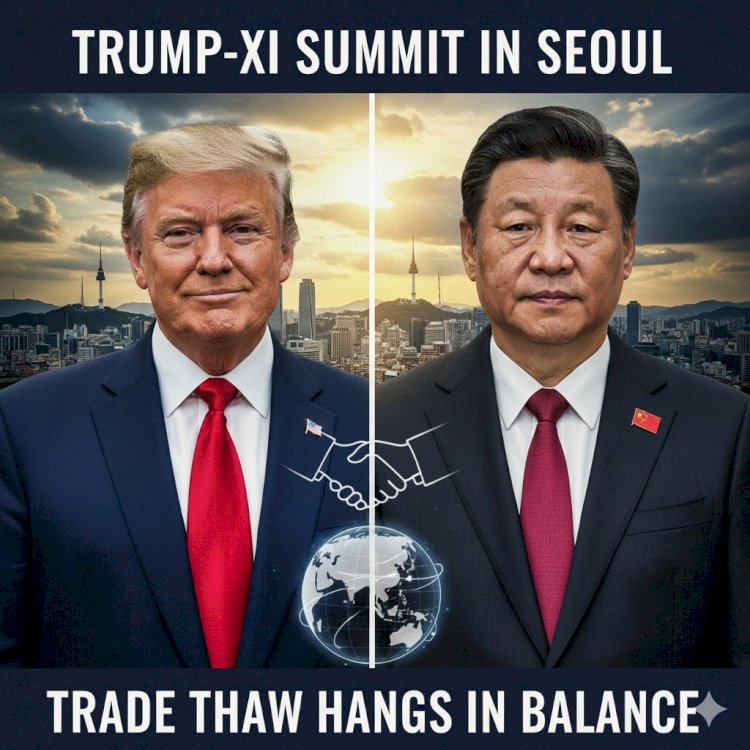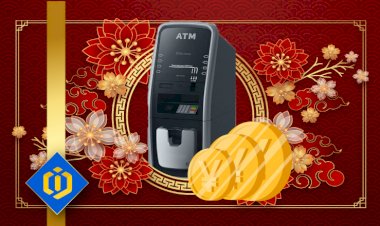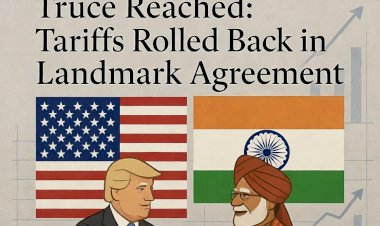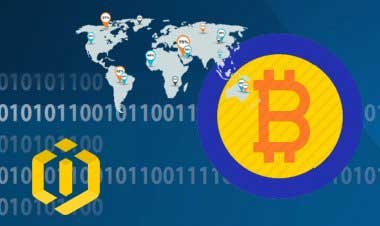Trump-Xi Summit Looms in South Korea: US-China Trade Thaw Hangs in the Balance Amid Asia Tour

High-Stakes Handshake on the Horizon
Gyeongju, South Korea, October 29, 2025 – As the ancient temples of Gyeongju cast long shadows over a city buzzing with diplomatic anticipation, President Donald Trump arrived here Wednesday, capping a whirlwind Asian tour that has pivoted from tense ASEAN huddles in Malaysia to this cradle of Korean heritage. The real drama unfolds Thursday: a face-to-face summit with Chinese President Xi Jinping, their first since Trump reignited a trade war that has rattled global markets and supply chains. With preliminary deals inked in Kuala Lumpur and tariffs teetering on a knife's edge, the world watches as two superpowers grapple for economic dominance—and perhaps a fragile détente.
Trump's six-day odyssey through Asia kicked off in Kuala Lumpur, where the ASEAN summit served as a bustling stage for preliminary US-China talks. There, amid the humid swirl of Southeast Asian leaders, American negotiators and China's Vice Premier He Lifeng hashed out a framework agreement that averted an immediate escalation. Beijing agreed to ease export curbs on rare earth minerals critical for everything from electric vehicles to fighter jets, while pledging to ramp up purchases of US soybeans and other agricultural staples. In return, Washington dangled the prospect of pausing a threatened 100 percent tariff hike on Chinese imports—a levy that could have crippled Beijing's export machine overnight.
From Trade Barbs to Bargaining Table
The path to this moment has been paved with acrimony. Since Trump's second inauguration, a fresh wave of tariffs—up to 40 percent on Southeast Asian goods and even steeper on China—has been justified as retaliation for Beijing's alleged laxity on fentanyl precursors flooding US streets. Chinese state media fired back, accusing Washington of "economic bullying" that undermines global stability. Markets dipped and soared with each tweet and tariff tweetstorm, wiping billions from stock indices and leaving farmers from Iowa to Inner Mongolia in limbo.
Yet, in Malaysia's marbled conference halls, a thaw emerged. Trump, ever the dealmaker, touted the framework as a "big win for American workers" during a sideline chat with reporters, flanked by Malaysian Prime Minister Anwar Ibrahim and Philippine President Ferdinand Marcos Jr. "China's buying our stuff again—big league," he quipped, his signature bravado masking the high-wire act ahead. Xi, more reserved in his public missives, signaled openness through a Xinhua commentary praising "mutual respect" as the bedrock of great-power relations.
The summit in Gyeongju, on the fringes of the Asia-Pacific Economic Cooperation (APEC) forum, promises to seal—or shatter—this progress. Scheduled for Thursday morning at the opulent Hilton Gyeongju, the bilateral will span trade, technology, and thorny security flashpoints like Taiwan. Trump has hinted at broader pacts, from nuclear non-proliferation nods to joint fentanyl crackdowns, while Beijing eyes commitments on Taiwan's status—insisting on explicit US opposition to independence. South Korean President Lee Jae-myung, playing host, dined with Trump Tuesday evening, toasting the trilateral potential of US-Korea-China ties amid North Korean saber-rattling.
Asia's Ripple Effects: Allies in the Crossfire
The tour's earlier stops underscored Asia's precarious perch in the US-China tug-of-war. In Tokyo, Trump inked a mini-deal with new Prime Minister Sanae Takaichi, slashing duties on Japanese autos in exchange for beefed-up investments in US semiconductors—a nod to decoupling from Chinese tech. But whispers in Kuala Lumpur revealed the strain: ASEAN nations, exporting $312 billion to the US last year, lobbied hard for tariff relief, fearing collateral damage in the superpower scrum. "We're not pawns in your chess game," one Indonesian delegate murmured off-record, echoing regional anxieties over supply chain snarls and rising costs.
Economists warn that failure in Gyeongju could unleash chaos. A full-blown tariff war might shave 2 percent off global GDP, per one IMF projection, hitting export-dependent Asia hardest. Yet optimists see silver linings: the Regional Comprehensive Economic Partnership (RCEP), touted in Malaysian side meetings, could counterbalance US pressures, weaving a tighter trade web among China, Japan, Korea, and ASEAN.
The Personal Stakes: Titans in the Temple
At its core, this is theater of the titans. Trump, fresh from rallying APEC CEOs on "fair trade, not free trade," arrives with his trademark flair—gold-tie diplomacy amid Gyeongju's Bulguksa Temple backdrop. Xi, the steely strategist, dispatches signals of pragmatism, perhaps eyeing domestic boosts from agricultural buys amid China's economic slowdown.
As delegates shuttle between sessions under crisp autumn skies, the air hums with guarded hope. Will handshakes yield headlines of harmony, or harden into hardened lines? For Asia, and the world beyond, the answer could redefine the decade—a pivot from confrontation to coexistence, or a prelude to prolonged peril.
In the shadow of Gyeongju's stone pagodas, where history whispers of empires risen and fallen, Trump and Xi convene. The deals struck here won't just move markets; they'll map the fault lines of tomorrow's world order.

 content-team
content-team 


















